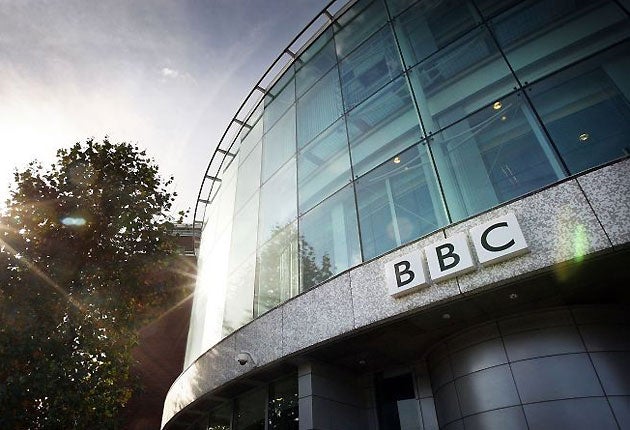Licence fee: What is the BBC charge – and how will the changes affect you?
Lord Hall is expected to announce his support of the select committee's findings today

Your support helps us to tell the story
From reproductive rights to climate change to Big Tech, The Independent is on the ground when the story is developing. Whether it's investigating the financials of Elon Musk's pro-Trump PAC or producing our latest documentary, 'The A Word', which shines a light on the American women fighting for reproductive rights, we know how important it is to parse out the facts from the messaging.
At such a critical moment in US history, we need reporters on the ground. Your donation allows us to keep sending journalists to speak to both sides of the story.
The Independent is trusted by Americans across the entire political spectrum. And unlike many other quality news outlets, we choose not to lock Americans out of our reporting and analysis with paywalls. We believe quality journalism should be available to everyone, paid for by those who can afford it.
Your support makes all the difference.The introduction of a universal flat-rate fee to replace the licence fee is expected to be backed by BBC Director General Lord Hall later today.
It means that everyone in the UK would be forced to pay a levy – regardless of whether they own a television. This is how it will affect you:
The current state of play:
A household watching or recording live television – as it is being broadcast- is required to have a permit to do so. The funds go towards paying for BBC radio, TV and online services. Fee income of £4 billion was recorded for 2013/14.
How much does it cost?
It currently costs £145.50 per year for a colour television licence and £49 for a black and white set per household. The annual cost was £2 when it was first introduced in 1946, around £72.30 as of 2015. Although rates tend to go up every year, the Government has frozen prices until 31st March 2017.
Does everyone need one?
The current situation means that any household watching only catch-up and on-demand services does not need a licence.
Anyone found watching television as it is being broadcast can be prosecuted and fined up to £1,000. It is currently a criminal offence to not have a valid licence and non-payment of fines could also lead to a prison sentence.
Why would the licence be scrapped?
Because a household does not need a licence to watch catch-up services, the Commons committee for Culture, Media and Sport are in favour of imposing a bill on every home, with an extra charge for BBC services, in order to close the loophole.
Would I have to pay the fee even if I don't own a television and had no intention of watching catch-up?
In a word, yes. The fee will be obligatory for everyone.
Would the punishment for non-payment change?
Strong support from parliamentarians to decriminalise the offence has launched a review into how sanctions could be carried out without the threat of prosecution and immense pressure on magistrate courts. This would be in conjunction with efforts to “modernise” the licence system.
When would it change?
Proposals to turn licence non-payment to a civil offence are being discussed in Parliament. Under plans, fee evaders would be punished by fines only. A public consultation runs until 1 May before the findings will be presented to Parliament and the BBC Trust. MP’s believe that the earliest that they could introduce the levy would be 2026.
How much would I pay if the flat-rate was introduced
No figures have been explicitly mentioned but the German charge was set at €215 (£156) to pay for public service channels and is collected in monthly instalments.
The aim is to reduce money lost to those evading the charge, estimated to be around £250m and spread the payment more widely. Thus if you are already paying the licence, you can almost certainly expect costs to fall.
Join our commenting forum
Join thought-provoking conversations, follow other Independent readers and see their replies
Comments